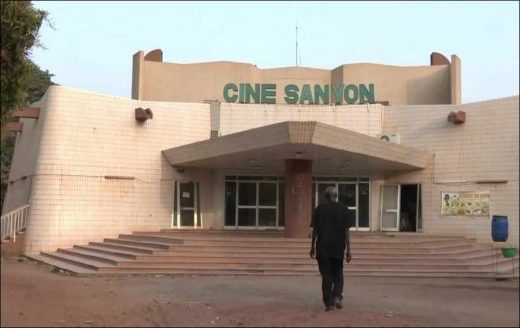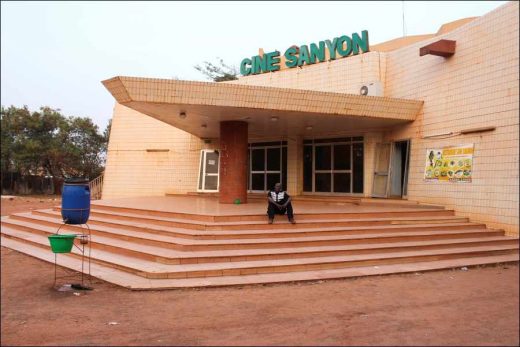Smoking ban in Burkina Faso cinemas. Pierre Ouedraogo, who has worked at the Neerwaya cinema in the capital Ouagadougou for some 30 years, never tires of extolling the benefits of the ban on smoking in public places. Now his establishment offers a healthier environment for everyone, especially those with respiratory conditions, allergies or smoke sensitivity.
The ban on smoking in public places and on public transport, which has been in force for over 10 years, has made a big difference, he says. For the cinema, the law barred tobacco users from smoking not only inside, but also in the outside courtyard, and cigarettes are no longer sold there. In Burkina Faso, the 2021 STEPS survey revealed that more than 13% of people aged 18 to 69 use tobacco.
Previously, many cinemagoers found themselves victims of passive smoking. According to ATLAS data, out of the total 4800 deaths from tobacco-related illnesses in Burkina Faso in 2017, 1300 were non-smokers – almost one third.
Passive smoking causes lung cancer in non-smokers and increases the risk of respiratory and heart disease. According to World Health Organisation (WHO) data, almost half of all young people (48%) in the African Region are negatively impacted by passive smoking in public places.
Arlette Tinguerie and her daughter Estelle confirm Ouedraogo’s comments. They appreciate the fresh air that now circulates in the cinema as they enjoy mother-daughter time together: “I often like to come with my daughter,” she says.
According to Dr Boezemwendé Ouaba, director of Health Education Promotion in Burkina Faso’s Ministry of Health, the strengthening of anti-smoking campaigns has prompted “an increase in the number of people going to health services for advice on giving up smoking”.
A smoking cessation unit set up at the Yalgado University Hospital in Ouagadougou in February 2017 welcomes an average of 45 smokers seeking assistance every week. Sixty percent of them successfully manage to quit smoking after between five and 40 years of nicotine dependence.
WHO has played a strong supportive role throughout Burkina Faso’s efforts to implement various anti-tobacco strategies. The Organization is currently helping the country to draw up new guidelines, is assisting with advocacy, and helping train health workers in smoking cessation.
There is a growing anti-tobacco lobby in the country, from law enforcement to civil society players, with some support from local media. One of the notable results of the actions taken to date is the nearly 8% reduction in the passive smoking rate over the past eight years, from about 36% in 2013 to nearly 29% in 2021.
Dr Seydou Ouaritio Coulibaly, WHO interim representative in Burkina Faso, welcomes the progress: “We are definitely getting somewhere. Our priority is to protect the younger generation from the dangers of smoking by keeping them as far away as possible from tobacco and its by-products.”
Ouedraogo’s priority is also the younger generation. “Most of our children start smoking because they see others smoking. These efforts are making a big difference.”
Views: 162





